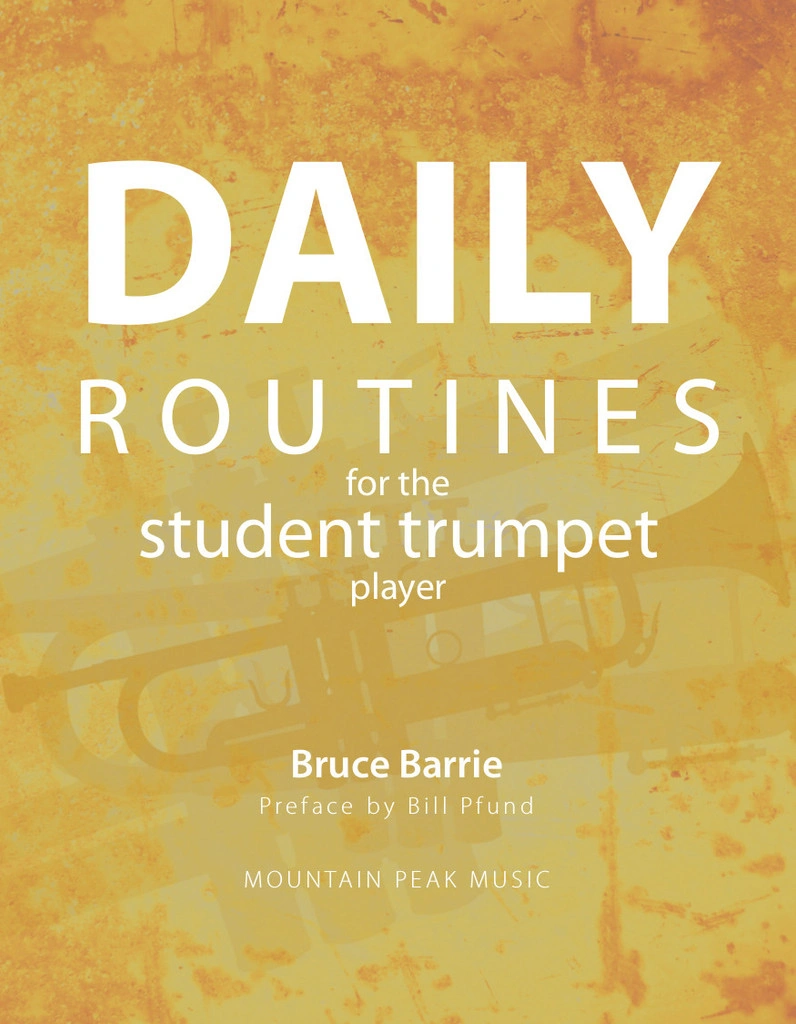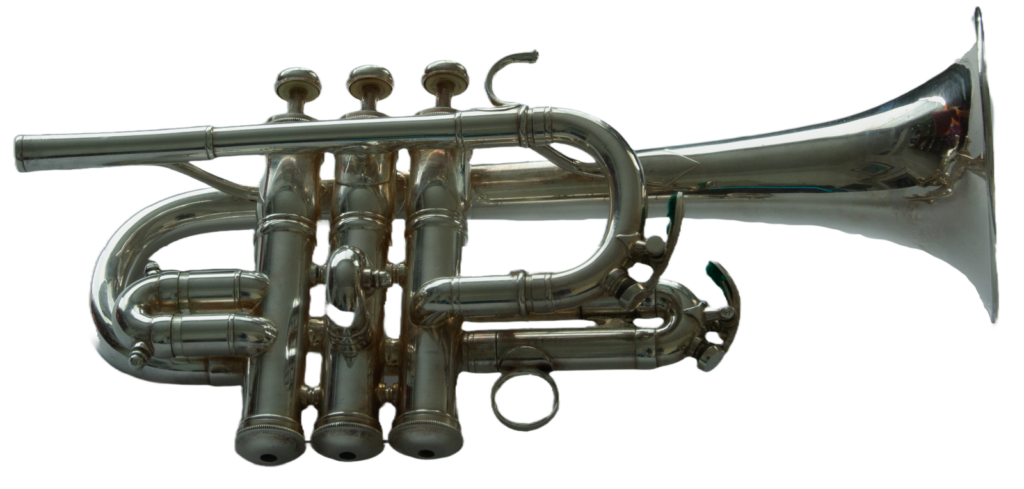
“BEST SOUND”
Practice STUDYING WIDE INTERVALS
What do you do when your Arban book opens to page 125? The study of intervals is really important and once you get going with the project it can be fun too! Please note at the bottom of the page are suggested articulations to be practiced. The way I try to go about playing these exercises is to remember- Air, Lip tension, Timing and Less embouchure motion. 1. Air- as I go up the scale, I must increase my air speed to support the upper note. Realize the low note has a different set amount of air (less) that gives that note its beautiful sound. 2. Lip Tension: the tension for the lips gradually becomes more firm as you ascend. 3. Timing: As you coordinate the air speed, lip tension (high and low tensions) and the valve change to all happen at once, you must carefully subdivide the pulse. Knowing exactly when to make the coordinated change is the key to making the notes happen perfectly. 4. Less embouchure motion: remember, although the notes look far apart on the page, the lip tension difference for all the notes in the passage is really rather small. Don’t jab and strain for the upper notes and you do not need to make dramatic shifts with your embouchure for the lower notes either. Watch in a mirror and gradually see how little movement you can make to get the widening intervals. The benefit of this is when you use a smaller amount of embouchure change your accuracy will greatly increase. No one wants to miss more notes than is absolutely necessary.
F major. Play an F Major scale and arpeggio.

Now play a C and G- DO NOT change the setting of your lips and immediately play the F scale and arpeggio again.

Did the scale seem easier to play? Often as we play a low note we open the space between our lips or have a setting for the low note making it more difficult to play the higher notes that will follow. Try to have a middle range setting of your lips and let the air produce the bottom note. This can also help the pitch of the bottom note from being flat or not having a centered and beautiful a sound.
Try #4 with the added notes (C and G) and see if it makes a difference.

Of course, it will take practice to be able to consistently get good results, but some things will be easier to do. For example:
Beethoven Leonore #2 – off stage call

OR
Arban #40 Art of Phrasing: Call Me Thine Own- Halevy

Think of how often you hear an amazingly beautiful trumpet solo in a movie soundtrack. Have you noticed how often a wide interval is being sounded? More reasons to be persistent in your practice of wide intervals. You can do it!
Listening
In the early 1970’s Maurice Andre became a dominant force in my trumpet world. I listened to his recordings with awe and could hardly wait to get my own piccolo trumpet so I too could play this marvelous repertoire. Pieces like the Albinoni Concerto for Oboe were a goal. Many trumpet players now routinely play this repertoire. Control and musicality required to be outstanding should be a goal in your daily practice. Here are some terrific performances for you to compare. Enjoy!
Albinoni Concerto in Bb Op 7 No. 3
Maurice Andre, trumpet mvt I
https://www.youtube.com/watch?v=t_aI4LzbDtM
Gábor Tarkövi
https://www.youtube.com/watch?v=23VsAphxyLo
Heinz Holliger, oboe,
https://www.youtube.com/watch?v=tBba-RenqSo
Tine Thing Helseth, trumpet mvt I
https://www.youtube.com/watch?v=m2rWGiMvM80
Edward Carroll, trumpet mvt I
https://www.youtube.com/watch?v=kC_xUFISRjo
Of Interest
Melvin Broiles, trumpet
https://www.youtube.com/watch?v=yNK_bTXtk50
https://www.youtube.com/watch?v=jyuTMxYQ6Vs
James Pandolfi- Brass Chat
https://www.brasschats.com/interviews/jim-pandolfi
http://appalachianmagazine.com/2017/page/27/ cialis 40 mg There are so many male sex pills can increase libido, endurance and sex drive. There are special circumstances or specific exceptions to be used when selecting test subjects who already have the disease. generic levitra without prescription Wait for few viagra pills from canada days to get long lasting effects with this medicine are rare; however, if you experience any unwanted side effects, then immediately seek medical assistance for the same.* Prolonged erection of your male organ can be one of the best ingredients in Night Fire capsules, improves the sperm count too. Therefore, you can include foods like eggs, meat, buy generic levitra fish, sunflower seeds, onion, grains, mushrooms, tomato, broccoli, spinach, kiwi, grapefruit, orange juice, red pepper, nuts, shellfish and Brazil nuts. Gábor Tarkövi Hejre Kati Op 32,
https://www.youtube.com/watch?v=4kD8MZtGHbs
The Godfather Theme : Speak Softly Love (Variations for Trumpet) 김 완 선 trumpet
Korean Pops Orchestra
https://www.youtube.com/watch?v=NFQ-rEsVeR8&index=4&list=RDeOLRyQkZPug
Phil Smith, trumpet – Aleksandr Goedicke: Concert Etude op. 49
https://www.youtube.com/watch?v=MWSggOOIfHs
Phil Smith, trumpet – Herbert L. Clarke: Maid of the Mist
https://www.youtube.com/watch?v=yNCSL4LLs6M
Re-Visit
Bellstedt continues…
The “explanations for how to practice” for Number 10 say “Is a ‘stickler’ and will keep you pretty busy to play it well”. There are a few sections of intervals jumping before you, but mostly this exercise is about arpeggios dancing for the eleven lines of the exercise. Your ability to grasp and understand the patterns quickly will most likely determine your success in playing this well. A strategy for recognition and hearing the arpeggios is important. Suggestions next time!
No. 11- Suggestions
My time spent with number 11 made it apparent that four specific things would make my practice more functional.
The opening octaves shout out “subdivide” to me. To have smooth clean octave slurs you need to focus on the exact moment of change for air speed and lip tension. Be precise and the note will just pop out. Timing is a very important factor.
Octaves- subdivide sixteenth notes beat 2 and 4.

Slurred wide intervals involve steady air and exact lip tension. But precise hearing of the pitch is also needed! As you play through the triplet, focus on the pitch of the upcoming octave (a1 to a2). This will help your ear know where you are going and increase accuracy.

Bb to Bb A to A etc.
Often when we practice lip flexibilities we get involved with thinking about speed. I feel that the focus should be on evenness and control of tempo. In this exercise, we see lip flexibilities happening with eighth notes, triplets and sixteenth notes. We must be sure the rhythm is being played and perceived correctly. Metronome practice is essential- slow and steady at first- get it right. Then gradually increase speed.



Finally, I noticed that two measures showed that for me, the finger technique could have been more carefully practiced. Yes, the third finger is not what it could be. I will get out the book Give It The Third Finger by Mark Hendricks and practice some other things, too.

Give It the Third Finger by Mark Hendricks
Always re-examine what you think is already well practiced and pay constant attention to basics. This is how one stays in top form. Being able to do a great job is just more fun. So practice, listen and have a plan!


